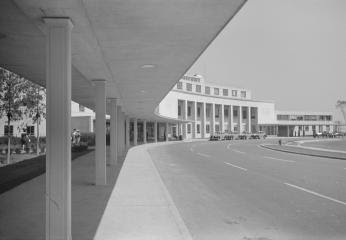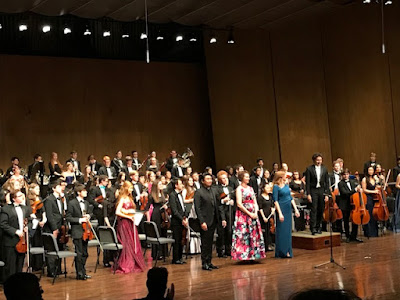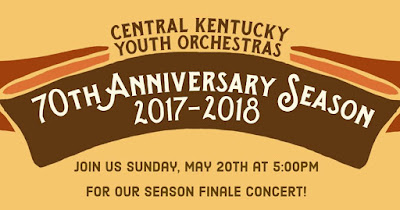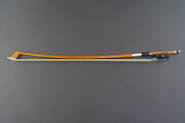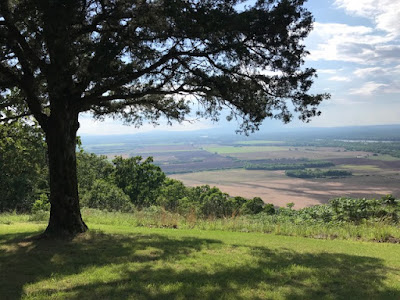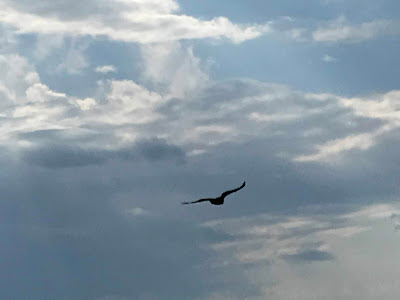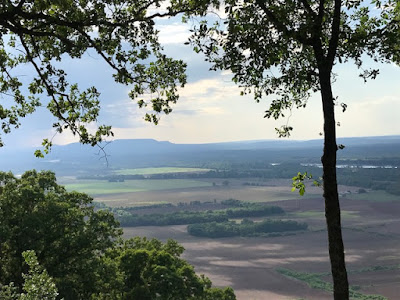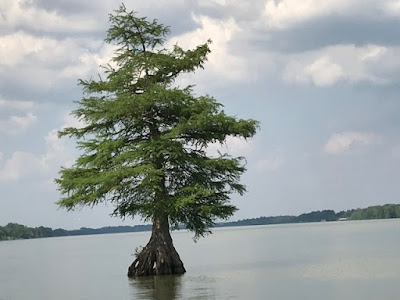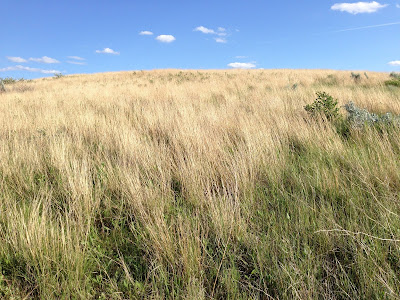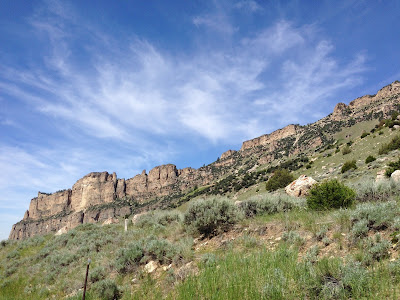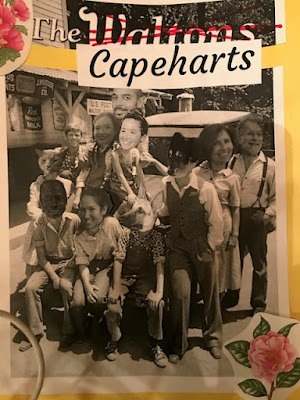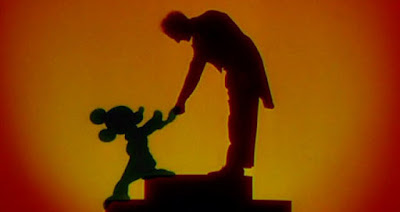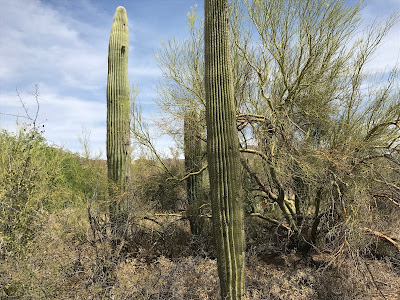Ramping Down
National Airport is only a mile from my office, less as the crow flies (though Google Maps doesn’t chart crow-fly mileage). But it took me half an hour to navigate yesterday because of the time I spent backtracking.
The problem was that I had walked from the office to the airport but never the other way around. I had the general idea but couldn’t figure out the specifics (like finding the bridge that crosses the parkway and the railroad tracks). Airport signage (in fact, most signage) does not favor walkers!
Eventually I found the road that led to the ramp that led to Crystal City. It all seemed so easy once it fell into place. I was on the downward slope, heading back to office and home.
(The first National Airport terminal in 1941, shortly after it opened. Courtesy Library of Congress.)
